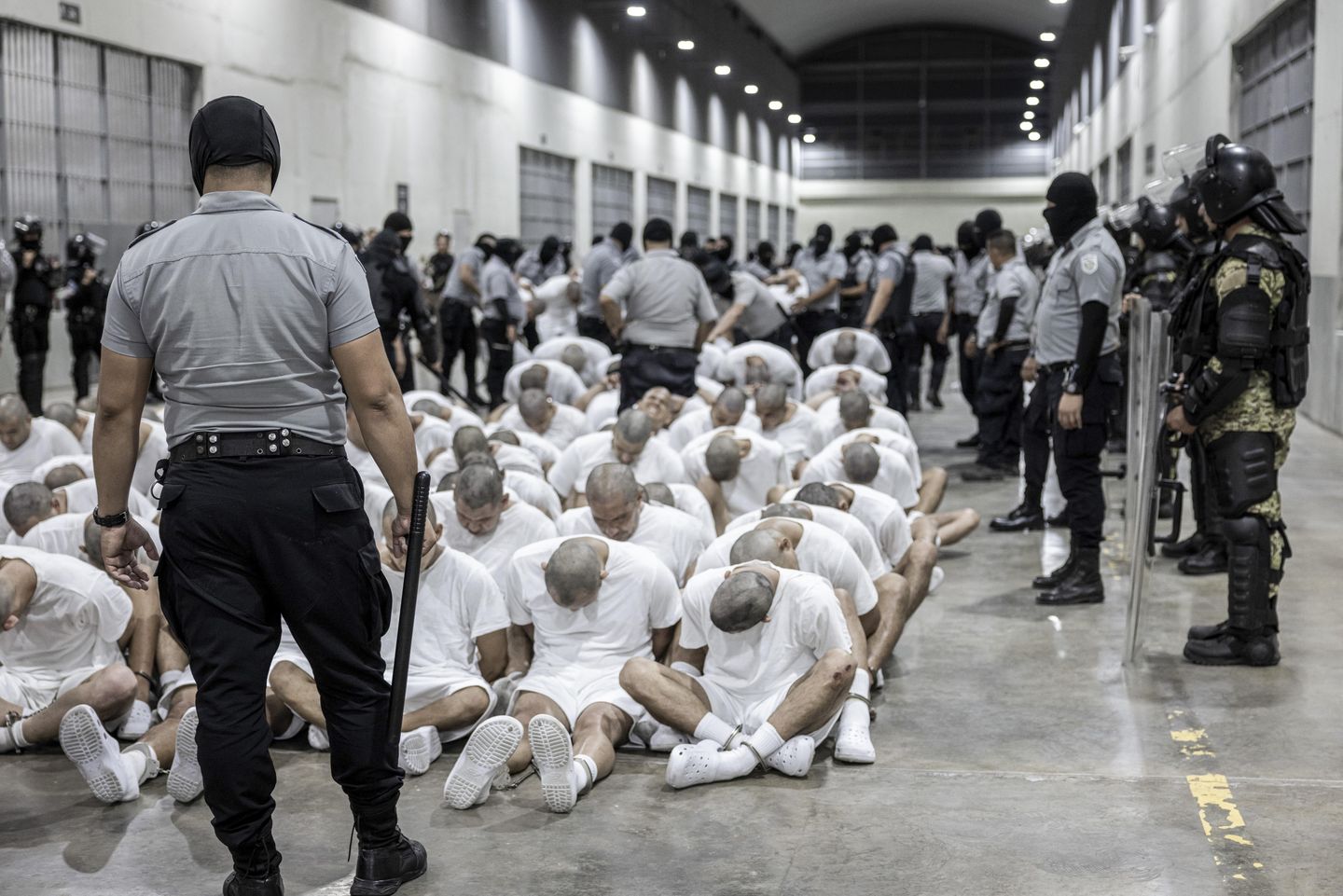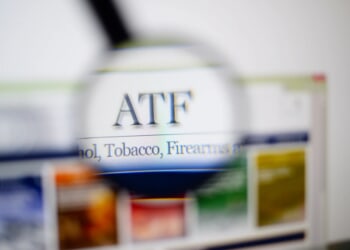
A defiant Trump administration defended its decision not to turn planes with Venezuelan gang suspects around midair, telling a judge late Tuesday that President Trump will never knowingly import “terrorists” into the U.S.
Deputy Assistant Attorney General Drew Ensign said two flights with gang members had already left U.S. airspace by the time the judge issued a written order barring any flights. That meant the migrants had already been formally deported once they cleared the airspace.
While Mr. Ensign said there was no binding order to turn the planes around, he added that Mr. Trump can’t have followed a directive to do so even if there were.
“The injunction thus bars the government from removing class members; it does not require the government to undo removals that have already occurred,” Mr. Ensign said. “And for good reason. Even without the challenged proclamation, the president doubtlessly acts within his constitutional prerogative by declining to transport foreign terrorists into the country.”
Beyond that, Mr. Ensign said, Mr. Trump was operating under core national security powers with respect to the flights.
“As such, it was beyond the courts’ authority to adjudicate,” he argued. “If courts cannot assess a president’s decision to target terrorists on foreign soil … they surely cannot require the president to bring terrorists into the United States.”
Whether the people involved are terrorists is still up for debate, according to Judge James Boasberg, who attempted to block the deportation flights to El Salvador on March 15.
Mr. Trump says they are part of Tren de Aragua, a notorious Venezuelan gang the government has now declared a terrorist organization. Mr. Trump has also declared them enemies under the Alien Enemies Act, which can speed their deportation.
But Judge Boasberg has ruled that they should have a chance to argue they are not TdA members or terrorists.
The case has turned into a constitutional clash between the president and the courts, complicated by a confusing set of circumstances and a compressed timeline.
Judge Boasberg, an Obama appointee, had issued an order March 15 stopping deportations. He first declared his ruling from the bench, then followed up with a written order.
In the oral directive he said he wanted planes grounded, and any that were in the air already should be returned.
He later followed with a written order prohibiting the removal — the legal term for a formal deportation — of any Venezuelans whom the Trump administration has now classified as alien enemies under the 1798 Alien Enemies Act.
Two flights had already taken off and were outside U.S. airspace by the time of the orders. A third flight took off later but everyone on it was subject to deportation through the normal immigration law, the government says.
Judge Boasberg has suggested he is being toyed with by the administration, and has vowed to get to the bottom of what happened.
The Trump administration is trying to thwart that inquiry. It has invoked the state secrets doctrine to block release of more details about the flights.
Beyond that, the Justice Department has also argued that the judge’s legitimate orders didn’t require the planes to turn around, and if they did, it would be an unlawful order with which the president need not comply.
Mr. Ensign has argued that only the written order is binding, and even then, Judge Boasberg cut corners by not giving stated reasons.
“Regardless, the injunction thus bars the government from removing class members; it does not require the government to undo removals that have already occurred,” Mr. Ensign said.






![Trump's Admin Guts Another ‘Rogue Government Agency with Zero Accountability’ [WATCH]](https://www.right2024.com/wp-content/uploads/2025/03/Trumps-Admin-Guts-Another-‘Rogue-Government-Agency-with-Zero-Accountability-350x250.jpg)
![‘We All Owe Him (Elon) a Huge Debt of Gratitude’ [WATCH]](https://www.right2024.com/wp-content/uploads/2025/03/‘We-All-Owe-Him-Elon-a-Huge-Debt-of-Gratitude-350x250.jpg)









